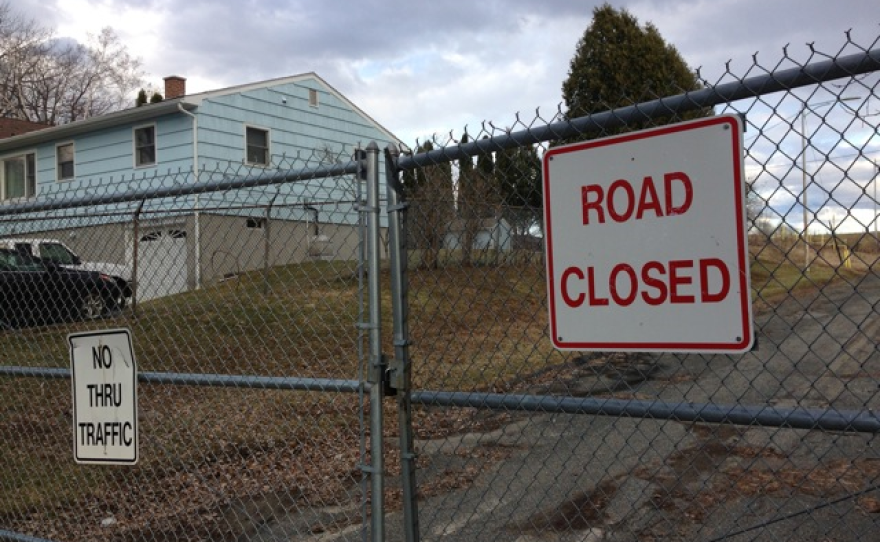The Massachusetts Department of Public Health is launching a study to determine cancer incidence in five cities and towns on the Housatonic River.
The study was requested by Pittsfield city councilors representing neighborhoods near two PCB dumps used by General Electric to dispose toxic waste from the river cleanup.
The disposal sites were approved as part of an agreement in 2000 between the U.S. Environmental Protection Agency, General Electric, the city of Pittsfield and the states of Massachusetts and Connecticut.
The study will look at cases of non-Hodgkins lymphoma, melanoma, liver and breast cancer — which are associated with PCB exposure — in Pittsfield, Great Barrington, Lenox, Lee and Stockbridge from 1996 through 2015.
The study will also look at incidence of bladder cancer in Pittsfield, because there were increased rates in a previous study done by DPH in 2002.
The study will look at cancer incidence in Pittsfield as a whole, as well as in census tracts to see if there are variations in cancer rates in smaller areas of the city.

City councilor Kevin Morandi wants to know if PCBs in the disposal sites, one known as Hill 78, have made people sick.
"I have had many friends... that have passed away of different forms of cancer," Morandi said. "But I think this is a way to to see if they are in any way correlated to what's going on with that hill."
At a June 10 Public Health and Safety City Council Subcommittee meeting, Morandi asked representatives from DPH's Bureau of Environmental Health, "Are we tracking past faculty, past students" from the Allendale Elementary School, which is adjacent to Hill 78, "that might have gotten cancer; what type of cancer?"
Jessica Burkhamer, an environmental analyst with Massachusetts DPH who is leading the study, said at the meeting that the department previously did environmental testing for PCBs inside the school in 2006 or 2007, when it also offered to test staff for PCBs.
"Based on that evaluation," Burkhamer said, "we found no unusual opportunities for exposure to PCBs at that time in Allendale."
Burkhamer said the new study will get disease data from the Massachusetts Cancer Registry, which "is based on the address of the individual at the time they are diagnosed, so there is no way for us to know if that individual happens to be a teacher at the school or a former student at the school."
"But if we did find something that was very concerning, there would be a possibility of additional work," Burkhamer added.
The representatives from DPH said it will take several months to do the study, and additional time for senior staff to review it.
The study comes as Berkshire residents are waging legal battles against an EPA plan to build a PCB disposal site in Lee.









